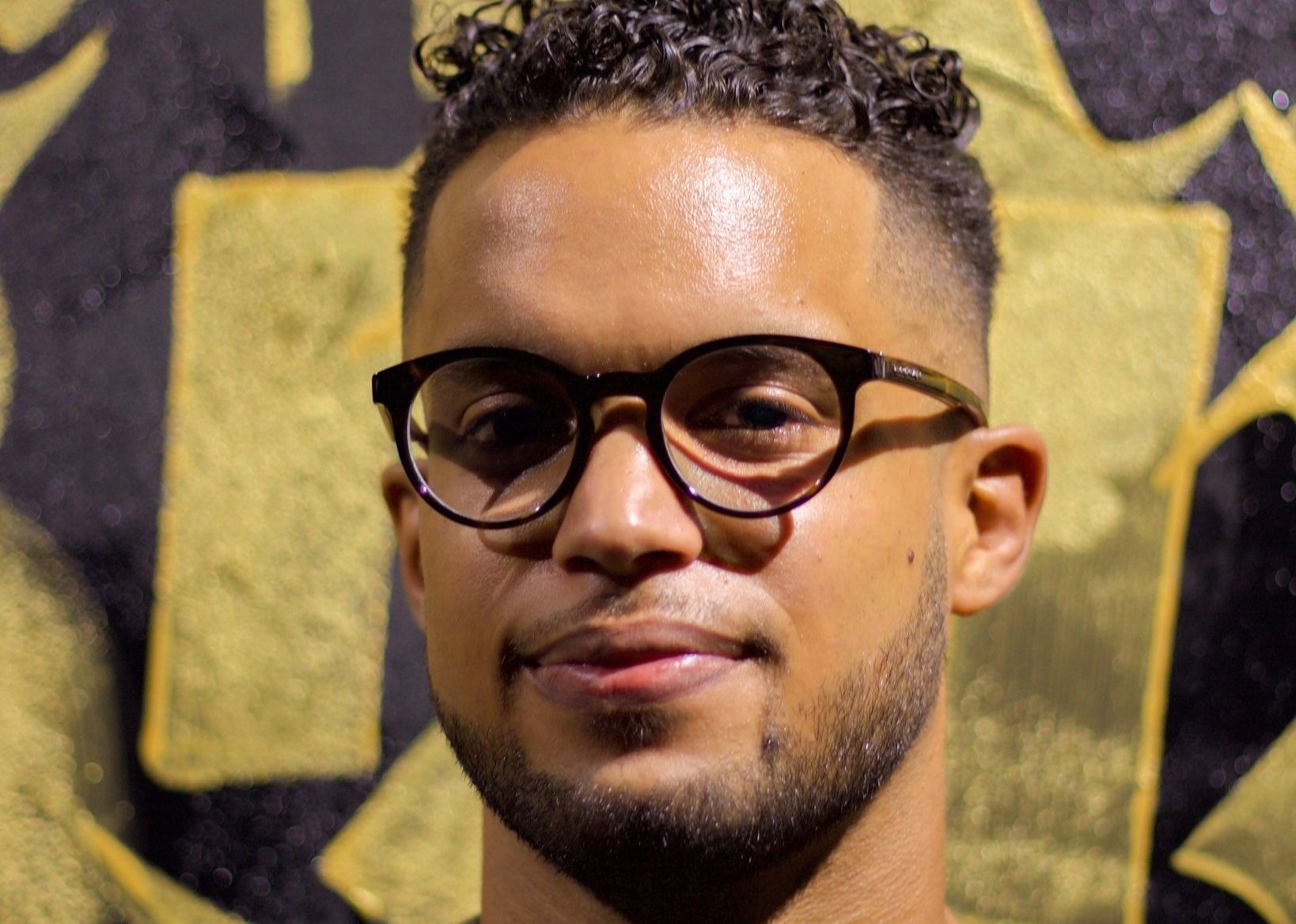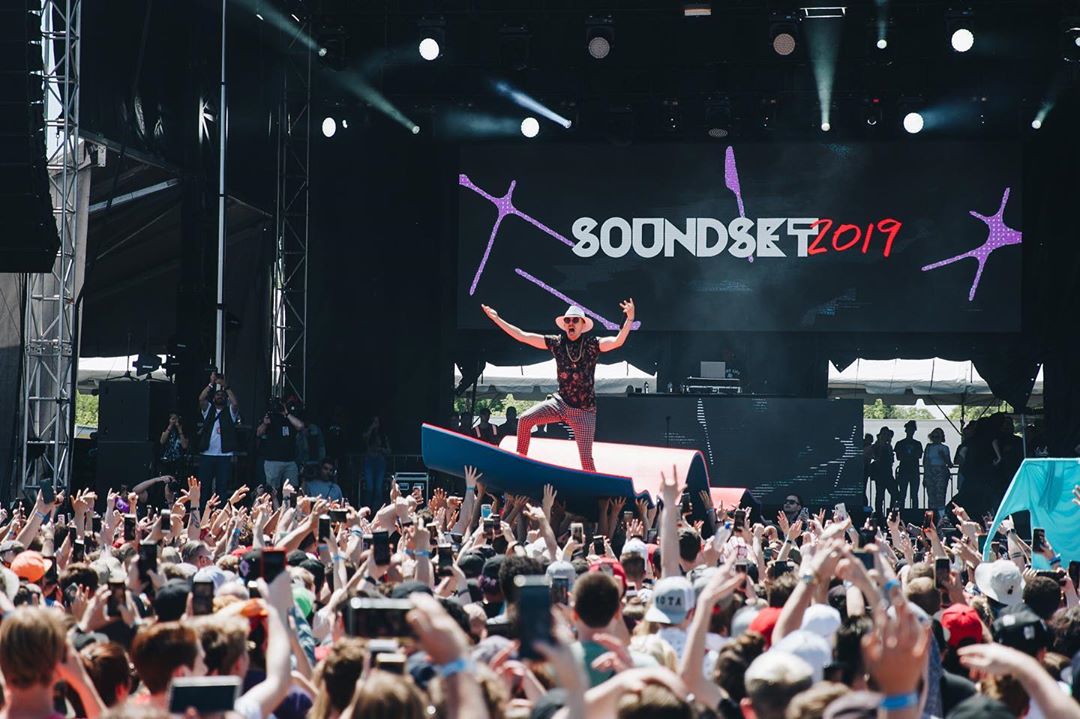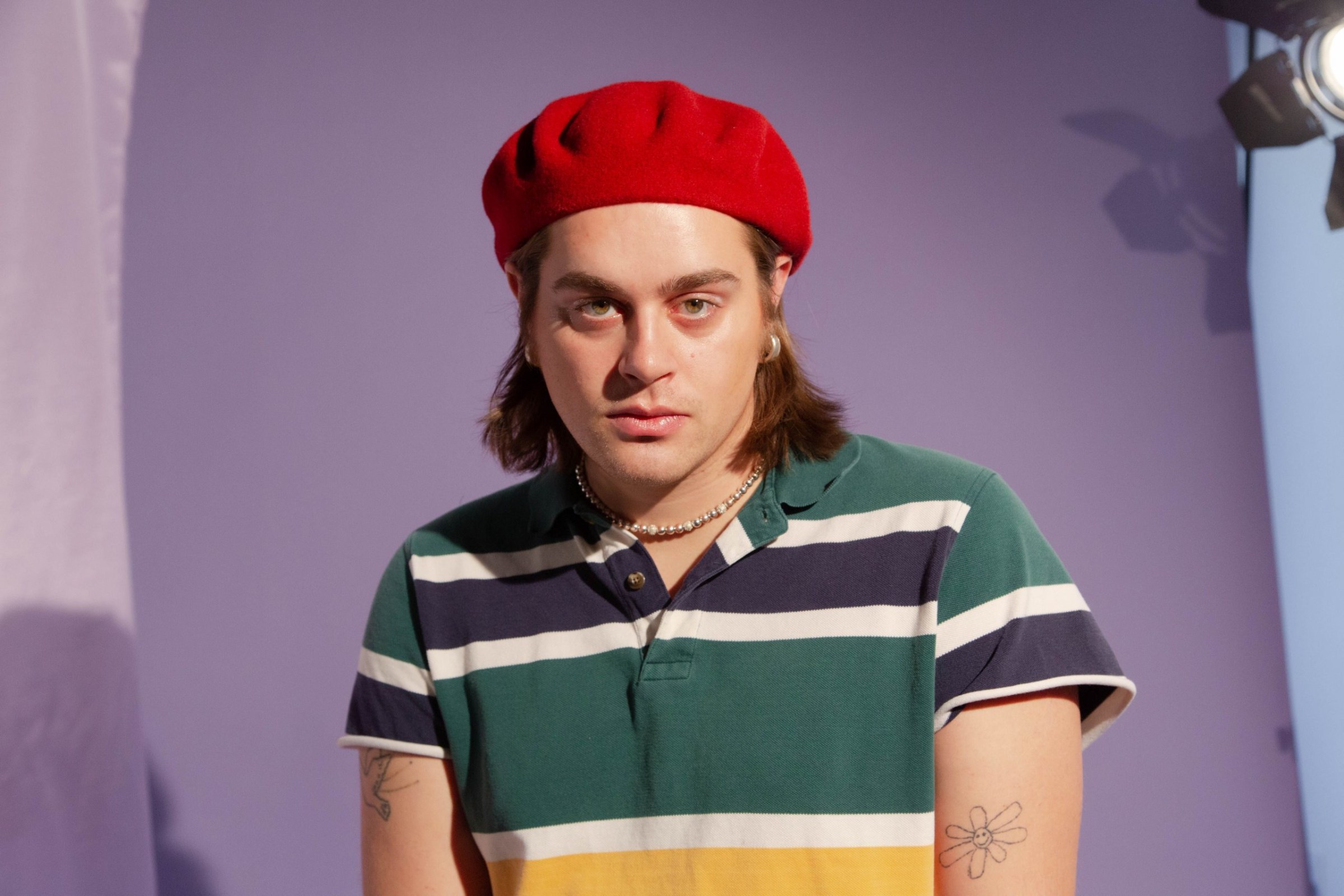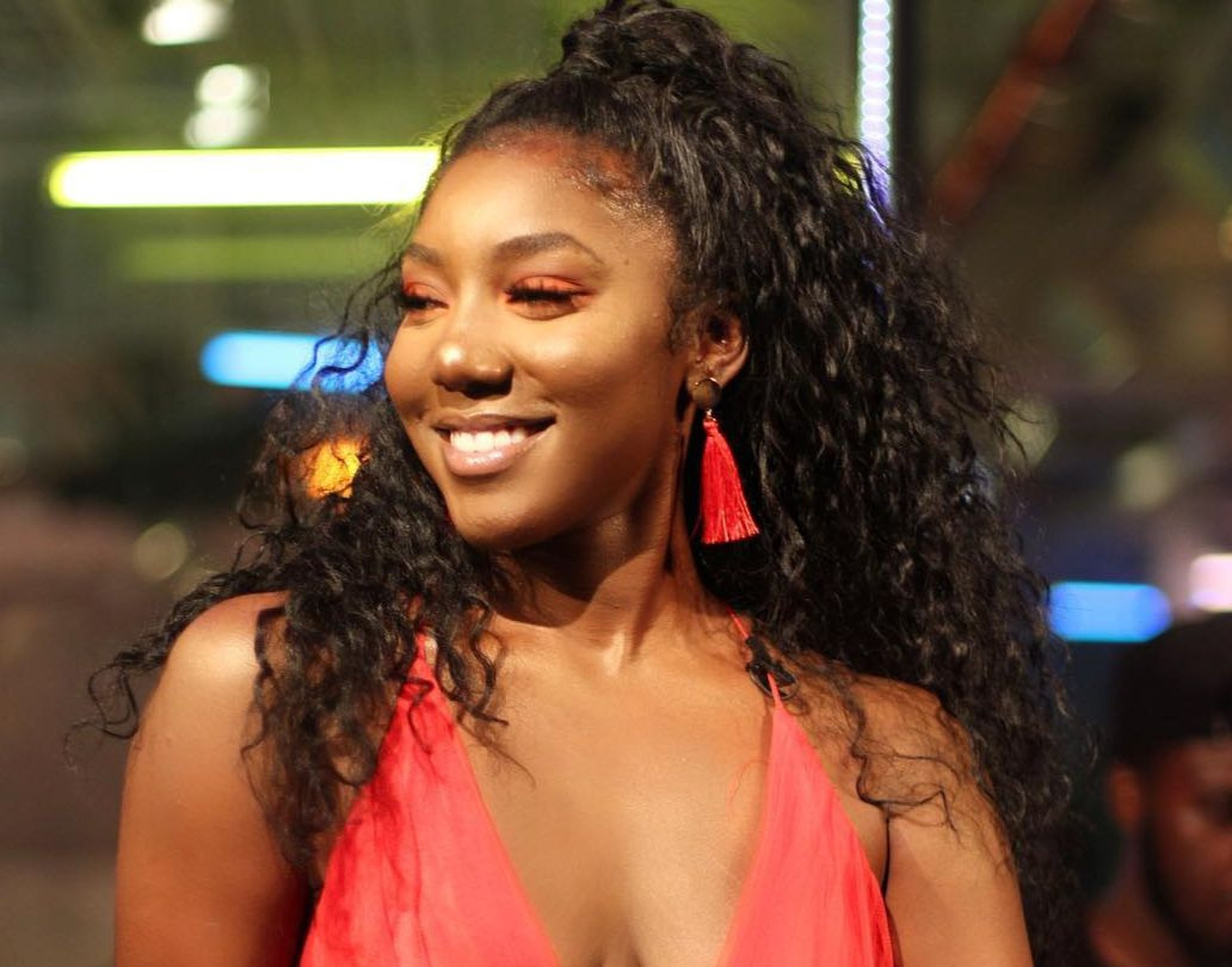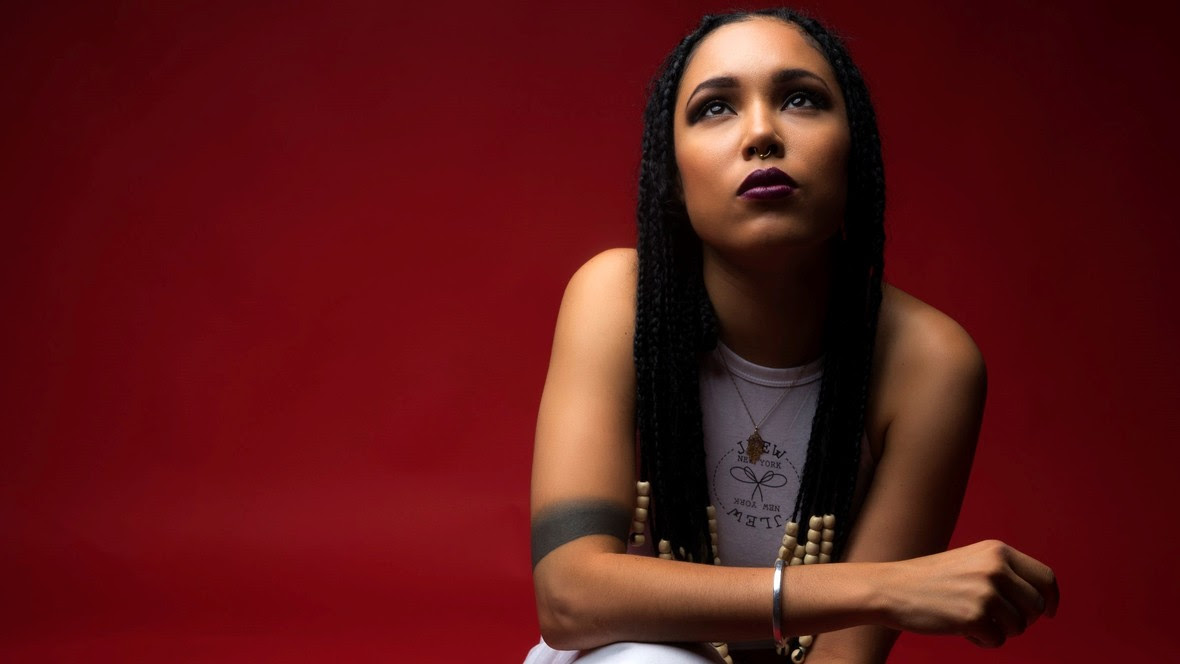Whether I'm popping in to an open mic night or…
If you were raised in a religious household, I’m sure you’ve heard the quote, “the pen is mightier than the sword,” a time or two. If you have not, the quote highlights the power of the spoken word.
The words we choose to use can, in some cases, cause more pain than a physical weapon. Not only onto the individual(s) on the receiving end of those words but the speaker as well. Newark-based visual artist and educator, David D. Oquendo‘s work explores this power dynamic as part of his exhibit, AMOR FATI.
The Montclair University alum’s work is currently on display at Equal Space, a sharespace & incubator. During the opening reception, David sat down with co-founder, Citi Media to discuss the exhibit, his work as a calligrapher, his research of language and more. Continue below to read a few parts of the talkback.
This is an interview conducted by Citi Medina. The bolded text below is Citi Medina speaking with an interjection by myself. The italicized text below is David D. Oquendo speaking.
Citi Medina: What is your background art-wise?
“I started when I was about five years old. I didn’t know a lick of English, so I started drawing and coloring. I also failed kindergarten. My teacher told my Mom, ‘hey, your kid doesn’t speak English, and all he does is color’.
Eventually, I made it through grade school and college. But I remember vividly in middle school, more specifically eighth grade, one of my teachers told me, ‘you know you can be an artist [as a career], right?’ I went on to receive my Masters of Fine Art from Montclair [State University] and have been teaching since 2012. Technically, I am not a full-time artist, but I am a full-time art teacher.”
CM: What are the three integral parts that you think make up an artist?
“Don’t do it for the money. Have a passion for your art. Add value.”
CM: What’s the story behind the exhibit’s title, AMOR FATI?
“AMOR FATI is a stoic phrase with either Roman or Greek roots but translates from Latin to love of fate. To interpret that, it’s not saying that you have to love everything that has happened to you rather acknowledge what has happened even when what has happened may have been negative. It is what it is.”
CM: Of the work that you’ve created, why do you value that particular piece? What does it mean to you?
“Being born in Puerto Rico, Spanish is the language that we grow up speaking and taught to be proud of. Then later learning it is the language of the oppressor, I said [to myself] let me make my own language. Drawing inspiration from Hebrew, Arabic, and Gothic Black Letter – German Text, six years later, here we are.
I can determine what language I want to create and put out there. That’s why, in my pieces, I choose only to write and produce words of affirmation. There is power in language, and the words you choose to speak.”
Flisadam: I’d like to go back to the issue you raised about oppression. Did you create this language to remove oppression associated with the languages you speak (Spanish and English)? Or as a way to build pride in your new native tongue?
“Sometimes it’s like what came first, the chicken or the egg? For me, this came afterward. It wasn’t an intentional decision. But through the conversations I had with friends and family I started to realize that was what I was doing. I started to research where did Spanish come from? Why do we speak Spanish? Oh right, Spain conquering different parts of Latin America. But that epiphany came after the fact.”
David D. Oquendo’s Amor Fati exhibit is currently on display at Equal Space until Thursday, April 30, 2020. Equal Space is located at 89 Market Street in Newark, New Jersey.
Stay connected with David across social media on Instagram or via his official website at davidoquendo.com. To support David become a member of his official Patreon page HERE.
Follow Equal Space across your favorite social media platforms including Facebook, Twitter, and Instagram. Interested in hosting your next event, becoming a member, or just learning more about Equal Square visit their official website HERE.
Whether I'm popping in to an open mic night or digital crate-digging for hours through my favorite digital streaming platform, finding indie artists is the name then telling their story is the game.

